Kickstart with Breakfast
From a very young age, we have always been taught that “breakfast is the most important meal of the day”. While some people are unable to lure themselves out of bed without the concept of something waiting on the table, others are unable to stomach the thought of eating until lunch time. So what should we be doing when it comes to breaking our fasts?
Hydrate! First and foremost, before you even arrive at the toaster, grab a glass of water. Going for 6-8 hours a night is a long time to go without any water – the average human adult body is 55-60% water, and dehydration can lead to low energy levels, headaches, aching and stiff muscles and can lead to overeating as the brain mistakes thirst for hunger. Grab a glass of water to naturally replenish and wake up your body from the inside out.
Breakfast and weight management. While research concludes that the inclusion of breakfast usually leads to a higher total daily energy intake – meaning more calories are consumed over the course of the day – than those who skip breakfast, studies also suggest that the quality of the diet for the rest of the day can be improved following a balanced breakfast.
The key words are healthy and balanced. A breakfast consisting of high-sugar breakfasts such as Coco Pops or Cookie Crisp can cause blood sugar to rise and fall more dramatically, leading to mood swings, reduced focus, lethargy and a tendency to reach for more calorie-laden high-sugar and high-fat foods later throughout the day. It can also lead to you staring at your lunchbox at 11.30am, clock watching until an acceptable time to eat your sandwich, as your hunger levels are knocked out of whack.
Consumption of a balanced breakfast, containing high-fibre wholegrain carbohydrates and some protein induces a more stable blood sugar response, maintaining energy and appetite satisfaction levels and generally resulting in a healthier and more considered food intake across the rest of the day. Check out our next blog for more information on creating a healthy, balanced breakfast.
However, as always when it comes to weight management, the most important factor to consider should be calorie consumption across the day, so even for those who are looking to lose or maintain weight, remember that while it may be tempting to skip breakfast altogether, breakfast consumption may lead to improved dietary choices and this can influence overall dietary success and health outcomes.
So does it matter when I eat breakfast?
While you may find articles online that tell you *you have to eat within an hour of waking up*, there is no hard-and-fast rule about needing to eat your breakfast in a specific time window. Breakfast – breaking the overnight fast – is the first meal of the day, and for some this may mean a spoon in hand before the eyes open, while others may find they are more comfortable eating within two hours of rising. The most important thing to consider is that your first meal is balanced and nourishing, and that you are not letting yourself get hungry to the point where you end up making impulsive and unhealthy spontaneous grabs at the nearest bakery.
Breakfast on exercise performance
While some early-morning-exercisers struggle to run on empty, others find that eating first thing in the morning before putting on their trainers makes them nauseous. Studies have shown that consumption of breakfast can improve exercise performance, even when exercise takes place later in the day.
For some good balanced breakfast ideas, check out our new recipes – a Mushroom and Potato Hash with Poached Egg, or super-easy Mexican Beans on wholegrain toast. Or if you prefer something sweet, wholemeal pancakes with some Greek yoghurt and blueberries are great on a Saturday morning!


